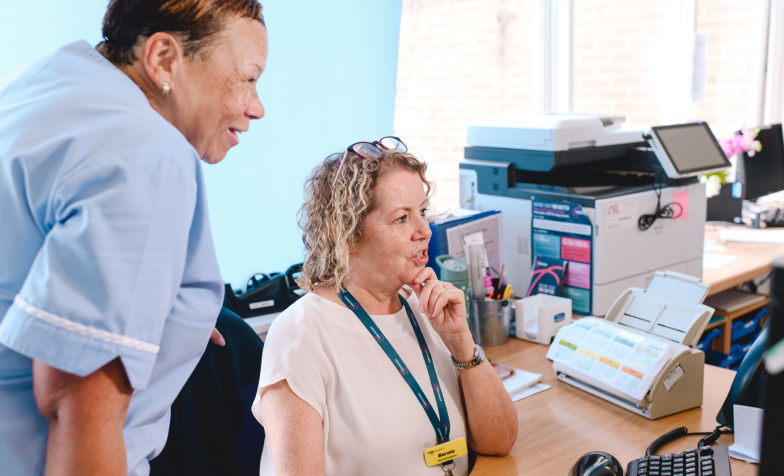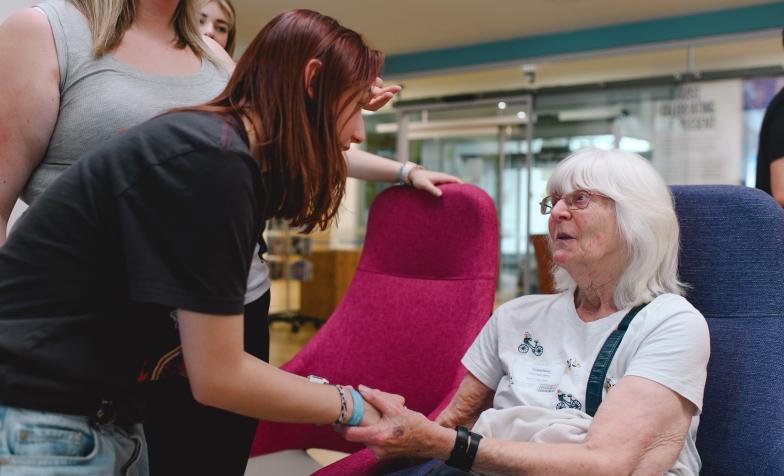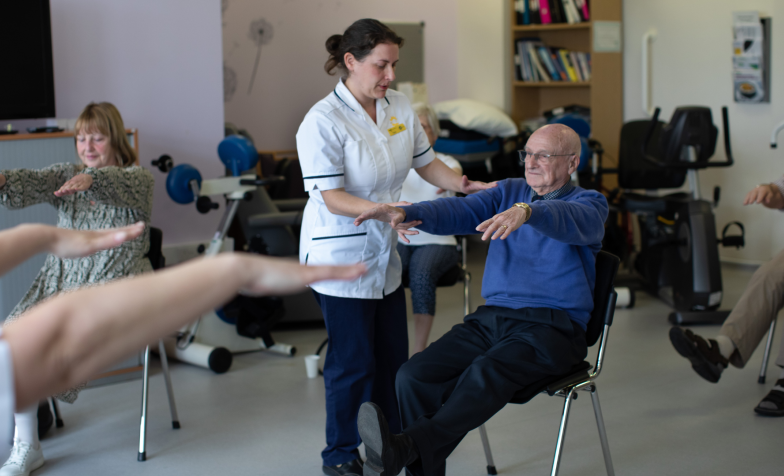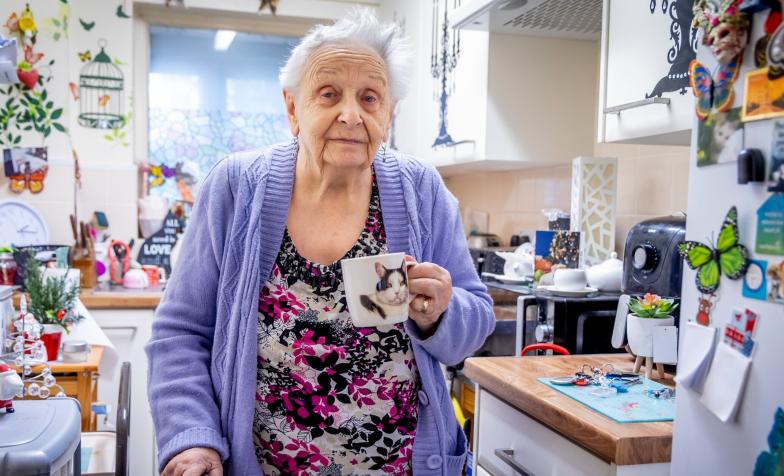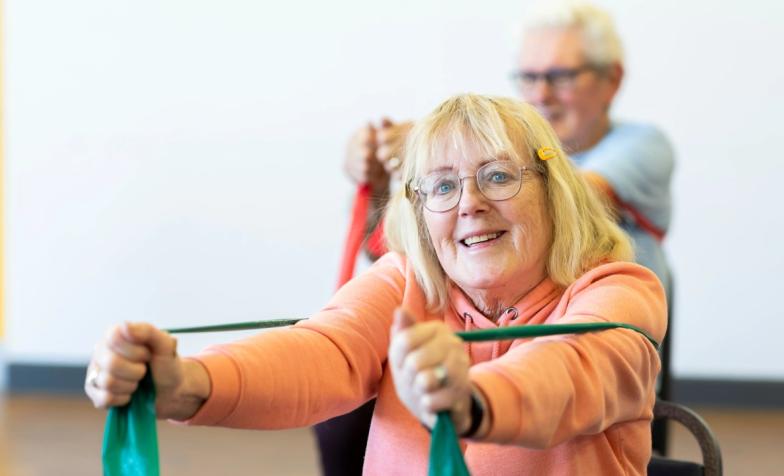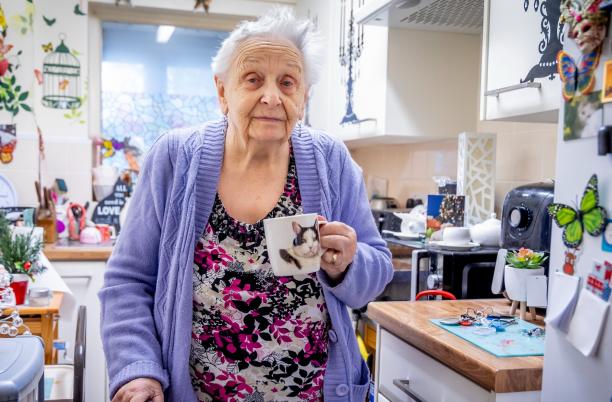
Extending Frailty Care

On this page you will find information about how hospices can deliver frailty attuned models of care.
We've developed these resources using the learning from our Extending Frailty Care programme, which ran from April 2022 to March 2025, with the generous support of the Kirby Laing Foundation.
In April 2025 we published the Extending Frailty Care report.
What is frailty?
Frailty is a distinctive state of health that is related to the ageing process, in which multiple body systems gradually lose their in-built reserves [1].
People living with frailty often experience multiple health problems, including cognitive decline, and their journey towards the end of life is more uncertain compared to those with a single life-limiting disease.
"There's a lot of clinical aspects to it, but it's really about somebody's ability to bounce back."
Kharlie Staves, Compassionate Neighbours Co-ordinator, Isabel Hospice
How is frailty measured?
Frailty is measured using the Rockwood scale. This scale scores somebody's level of frailty from one to nine.
A score of five or above means the person is living with frailty.
People can move along the scale in either direction as their level of frailty improves or worsens. An incident such as a fall or illness can make someone's frailty significantly worse in a short space of time. However, with the right care, someone's frailty levels can also stabilise or improve.
Read our information about identifying and assessing frailty.
"Somebody can go from a Rockwood two to a Rockwood seven in one fall."
Kharlie Staves, Compassionate Neighbours Co-ordinator, Isabel Hospice
Why is frailty care important?
Nearly half of hospital inpatients aged over 65 are living with frailty alongside other health conditions [2]. This means it is urgent that health systems put comprehensive plans in place to manage the needs of patients living with frailty.
Frailty is a complex condition that increases someone’s vulnerability to adverse health.
Hospices are experts in person-centred, holistic care. They are ideally suited to provide a range of interventions to support older adults experiencing advanced frailty. By doing so, they can help this cohort to live well until they die, reducing the need for individuals to be admitted to hospital. They can also support frail patients who are in hospital to be discharged earlier.
Brian's story
For Brian, receiving frailty care from his local hospice has been invaluable.
Watch our video to find out more.
Find out more about delivering frailty attuned care
Read our resources about how hospices can develop and deliver services that are attuned to the needs of people living with frailty
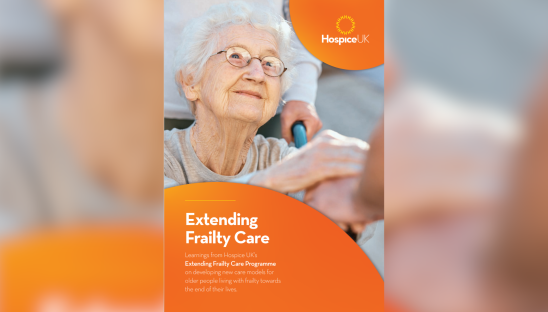
Extending Frailty Care Report
Find out what we learnt from the Extending Frailty Care Programme and read our recommendations on developing new care models for older people living with frailty towards the end of their lives.
Acknowledgements
We would like to acknowledge the generous support provided by the Kirby Laing Foundation towards the Extending Frailty Care programme, without which these resources would not be possible.
References
- Clegg, A. et al. Frailty in elderly people. The Lancet. 2013; 381(9868):752-62.9
- NHS Confederation. Supporting people with frailty. [Internet] 2024 [cited 2025 February 14].
Image: courtesy of In-Press Photography via The Centre for Ageing Better

